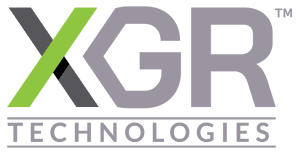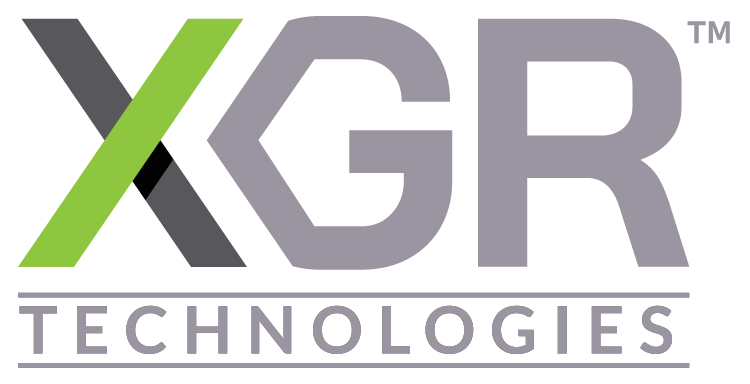EMI shielding helps protect electronic devices, systems, and components from electromagnetic interference. This type of interference can come from a variety of sources, like power lines, radio waves, and electrical appliances. By using EMI shielding methods and techniques, these devices and systems can properly function without any interference. This kind of protection is extremely important in many industries such as healthcare, automotive, and aerospace. For example, in the medical industry, EMI shielding prevents equipment malfunction or disruption during operations that could harm patients. Similarly, in the automotive industry, it prevents navigational issues caused by electromagnetic interference.
That being said, the process of EMI shielding is intricate and requires a thoughtful selection of materials to obtain the desired level of protection. When it comes to EMI shielding materials, the most important factor to consider is their ability to effectively mitigate electromagnetic interference. Cost and weight are additional factors that should be taken into account when making a decision. Several different metals can be used for EMI shielding, and this post is going to discuss about the most prominent among them; aluminum EMI shielding.
Why Aluminum Is Used for EMI Shielding?
EMI shielding is typically achieved using materials that reflect or absorb electromagnetic energy. Metals are the most common type of EMI shielding material, and aluminum is one of the most popular choices. There are several reasons for this.
- Aluminum is an excellent conductor of electricity. This means that it can help carry electrical currents without causing interference.
- The metal offers a high strength-to-weight ratio, making it an ideal material for EMI shielding.
- Aluminum is easy to mold, making it a popular choice for various EMI shielding applications. It can be formed into a variety of shapes and sizes, and it is also lightweight and durable.
- The material is also a good reflector of electromagnetic radiation. This means that it can reflect electromagnetic waves away from sensitive electronics.
- Aluminum is non-magnetic, so it will not interact with electronic devices that are sensitive to magnetic fields.
- Aluminum is widely available and relatively inexpensive, making it a cost-effective solution for EMI shielding.
Ways of Using Aluminum as an Effective EMI Shielding
Aluminum can be used in a variety of ways to shield against electromagnetic interference. Some common ways of using aluminum for EMI shielding include:
- Aluminum Foil EMI shielding: Aluminum EMI shielding foil is a thin, conductive sheet of aluminum designed to block electromagnetic interference. This material has countless applications and can be found in electronic equipment, computer servers, and medical devices.
- Aluminum Mesh EMI shielding: The aluminum EMI shielding mesh is a versatile and reliable solution for blocking electromagnetic interruptions. The strands of aluminum are woven together to create a flexible material that can easily conform to various shapes for an optimal seal against interference. Installation is quick and easy, with the product being available in multiple sizes and configurations tailored to meet any specific needs. Aluminum mesh is certainly a great choice when you need high-quality EMI shielding.
- Aluminum PCB Shield Cans: The aluminum PCB shield is a popular type of board-level shields used for effective EMI shielding. These shield cans feature a two-piece design – fence and cover, and offer excellent protection from shock and vibrations.
Can aluminum block magnetic fields?
Aluminum can partially block magnetic fields, but it is not as effective as materials like iron or steel. While aluminum itself is not magnetic, it does conduct electricity, which allows it to interact with magnetic fields to some extent. When placed in a magnetic field, aluminum can create an opposing magnetic field, which partially reduces the strength of the original magnetic field passing through it. However, aluminum's ability to block magnetic fields is limited compared to ferromagnetic materials like iron or steel, which can effectively redirect or absorb magnetic flux. Therefore, while aluminum can provide some shielding against magnetic fields, it is not as efficient as other materials specifically designed for magnetic shielding purposes.
Aluminum EMI shielding is a reliable and effective way to protect electronic devices from electromagnetic interference. Among the above options, aluminum PCB shield cans are quite popular. However, they have certain challenges and downsides. The aluminum PCB shields may be exposed to oxidation and galvanic corrosion. This metal produces oxides over time, which leads to solderability issues.
If you're seeking a reliable means of shielding your PCB, you can choose board-level EMI shields made of plasticized metal. For more information or for answers to any questions regarding this material, reach out to an expert in board-level EMI shielding like XGR Technologies. The company provides SnapShot ™ EMI shields that can solve many challenges involved with PCB shield cans. These EMI shields are basically multi-cavity shields, which can be easily thermoformed to any shape. The shields are made of non-conductive, Polyethermide inner surface and conductive, tin plated outer surface, which assures superior shielding performance in PCBs.
SnapShot® EMI shields have been successfully used in military drones, radios, GPS devices, avionics, and industrial handheld scanners for more than 2 decades. Contact the experts at XGR Technologies to discuss your requirements and solve your queries on SnapShot® EMI shields.


